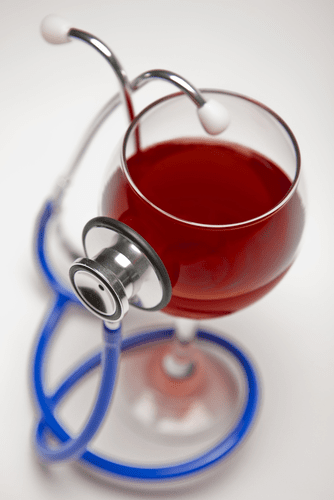How to Keep Sober in Recovery from Alcoholism: 6 Steps
The more you drink, your passions and responsibilities fall by the wayside. So, if you’re trying to get and stay sober, consider engaging with the things you love again. The more you spend your time doing this, the less you’ll spend drinking. If you’ve experienced a relapse and are ready to seek treatment, American Addiction Centers’ (AAC) admissions navigators can discuss your treatment options with you.
- If you’re in recovery from a substance use disorder, you already know how much work it took to achieve sobriety, and you’ll want to do everything possible to avoid having a relapse.
- It will help prevent relapse once the formal treatment program ends.
- Relapse rates for substance use addictions are around 40% to 60%.
- He accepted my offer to become a brand ambassador for Tom Cridland Clothing and, as a result, the business took off.
- The evaluation consists of 11 yes or no questions that are intended to be used as an informational tool to assess the severity and probability of an AUD.
Former drinkers need to surround themselves with friends and family who value their well-being and their attempts to stave off the temptation of relapse. If possible, one should be accompanied by a friend to events where alcohol may be served for help refraining from indulging in alcohol consumption. Ex-drinkers should find like-minded persons to keep them company, encourage them, and remind them about how far they have come.
What Happens if I Relapse?
The urge to drink disappeared, as I progressed from playing my first piano note in late 2020 to performing a concert in front of 1,500 people at McKelligon Canyon Amphitheatre in Texas in 2023. Finding something sober alcoholic constructive to replace my drinking gave me a sense of purpose and transformed my personal and professional life. Trouble sleeping is common after you stop drinking, especially early in recovery.
People with alcohol use disorder don’t drink in moderation, even if they say they’re only having one drink. If you find it difficult to make new, sober friends, try joining a support group. The hope is that you will be ready to resume daily life after treatment, manage stressors and triggers, and stay sober for the long term.
Step 5: Offer your support
Setbacks don’t erase progress; they don’t mean you’ve “failed” to stay sober. Acknowledging and celebrating the hard work of recovery is helpful for keeping you motivated and reminding you why you took this brave step toward sobriety in the first place. Just be sure that your rewards don’t involve drugs or alcohol.
Breathwork, meditation, and yoga are all some ways you can work on your emotional regulation outside of a healthcare provider’s office. Toxic relationships are those in which you feel unheard, misunderstood, unsupported, demeaned, unsafe, or attacked. Both old habits and unhealthy relationships can trigger those negative emotional states that may increase the risk of relapse. Triggers for drug and alcohol use are typically defined as people, places, and things that remind you of your addictive behavior or encourage the use of substances you’re trying to avoid. They don’t have to be direct triggers, like someone offering you the substance.
Celebrate Your Sober Milestones
It’s important to develop a structured daily and weekly schedule and stick to it. For example, you may have developed a co-dependent relationship, or a family member, friend, or employer may have been enabling you without even knowing it. However, research suggests that while 12-step groups are effective, people often don’t continue their involvement at beneficial levels over the long term.
It helps you learn new thinking patterns and coping skills that make it easier to resist cravings. Going to work helps keep your mind away from drugs, but you need to find other ways to fill up your idle time. You can learn a new hobby or language, play sports, read, visit a museum, or take long walks. The less downtime you have, the less likely you are to suffer a relapse. This does not mean, however, that you have to be perpetually busy. It means having balance in one’s life, for rest, productive work, and play.
Don’t become codependent
Getting plenty of sleep, eating properly, participating in regular exercise, meditating, even positive self-talk are healthier alternatives to drinking and can help your loved one prevent relapse. Your friend or loved one may also vow to cut back on their own. Tell your loved one that you’re worried they’re drinking too much, and let them know you want to be supportive.

It made me realise that being sober has improved every facet of my life. His shining example as a teetotal man and as a musician has shown me that giving up drinking can actually be enjoyable, particularly if you love life and have a serious work ethic. Above all, he has taught me that the most important thing is to enjoy the journey. Someone down the corridor bought the DVD of Elton’s 60th birthday concert at Madison Square Garden. It wasn’t just Elton himself who I began to idolise, but also his longtime band members, drummer Nigel Olsson and guitarist Davey Johnstone.